Speaking out frequently as a public advocate for a cause that you hold dear is rewarding, empowering ... and it can be exhausting. And when part of your advocacy involves sharing your personal story publicly, that exhaustion can be emotional and psychological as well as physical.
Here are 5 important tips advocates have shared with us for taking care when you're speaking out regularly and staying healthy for the long run.
Take Care to be at Your Best
1. Know your support community. Identify family members, friends, colleagues and other advocates you can call on before or after you speak to help you process your experience, provide support and encouragement, keep you focused on your goals ... and remind you to take care of yourself.
2. Take control of your environment. As you prepare to speak or when traveling to speaking locations, create and maintain the environment you need to stay healthy. This may include keeping to your daily routine, bringing along your own food or snacks, carefully scheduling personal time and space before and after speaking, and letting others—such as your hosts—know that doing so is important to you.
3. Rest. Schedule the time you need to be well-rested prior to speaking as well as adequate time to rest and recuperate afterwards.
4. Take physical care. Public speaking is a full-body experience that requires you to train, warm-up and cool-down—just as you would for other physical activities. Focus on your breathing, stretch and relax before and after speaking, and avoid foods and beverages that may affect your voice (like chocolate or milk) or concentration (like caffeine or alcohol).
Take Care in the Long-run
You can never predict how or when your story will influence someone or when your advocacy will have an impact. It may happen as a result of a conversation you have with someone right after you speak ... or years later.
That's important to remember because it’s easy to lose steam or worry whether telling your story really, truly, can make a difference. (It can.)
5. Take a break from advocacy if you find yourself becoming weary, and allow yourself time to reflect and refresh. If your passion to make a difference drives you to say “yes” to every speaking opportunity, remember that your health comes first. Allow yourself the time you need to rest and recuperate.
For more suggestions on preparing physically and psychologically, see “Public Speaking: Tips and Tools” in Living Proof: Telling Your Story to Make a Difference.
Take care!
















